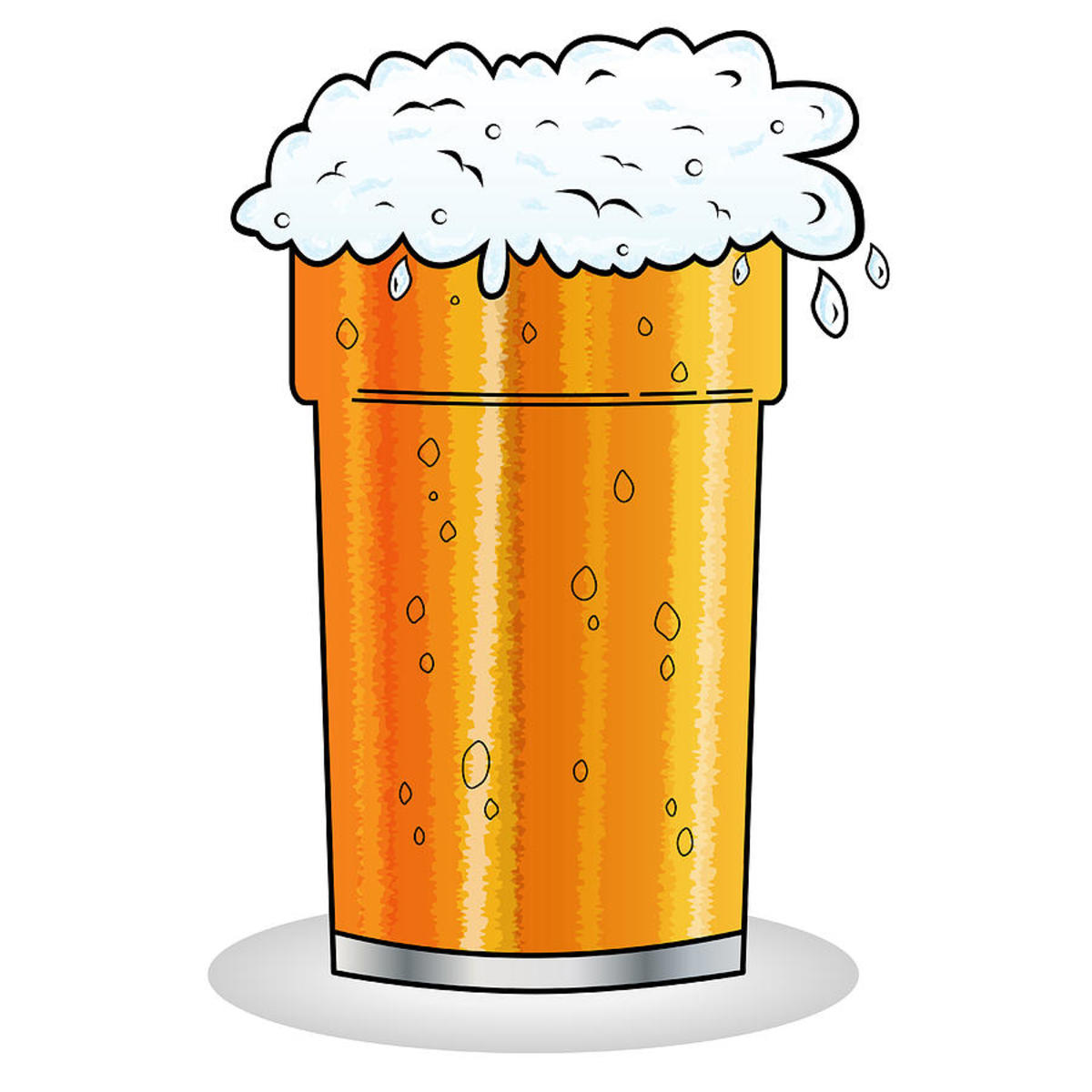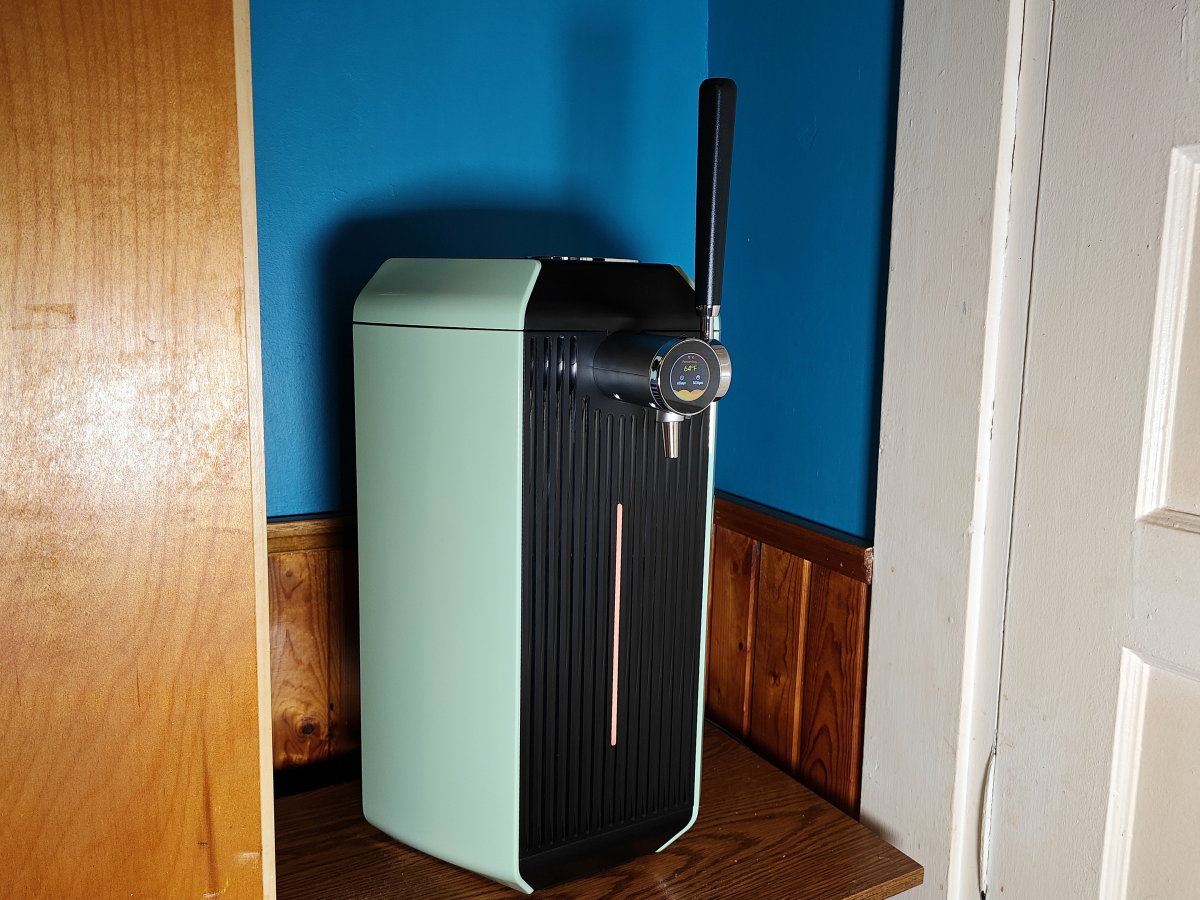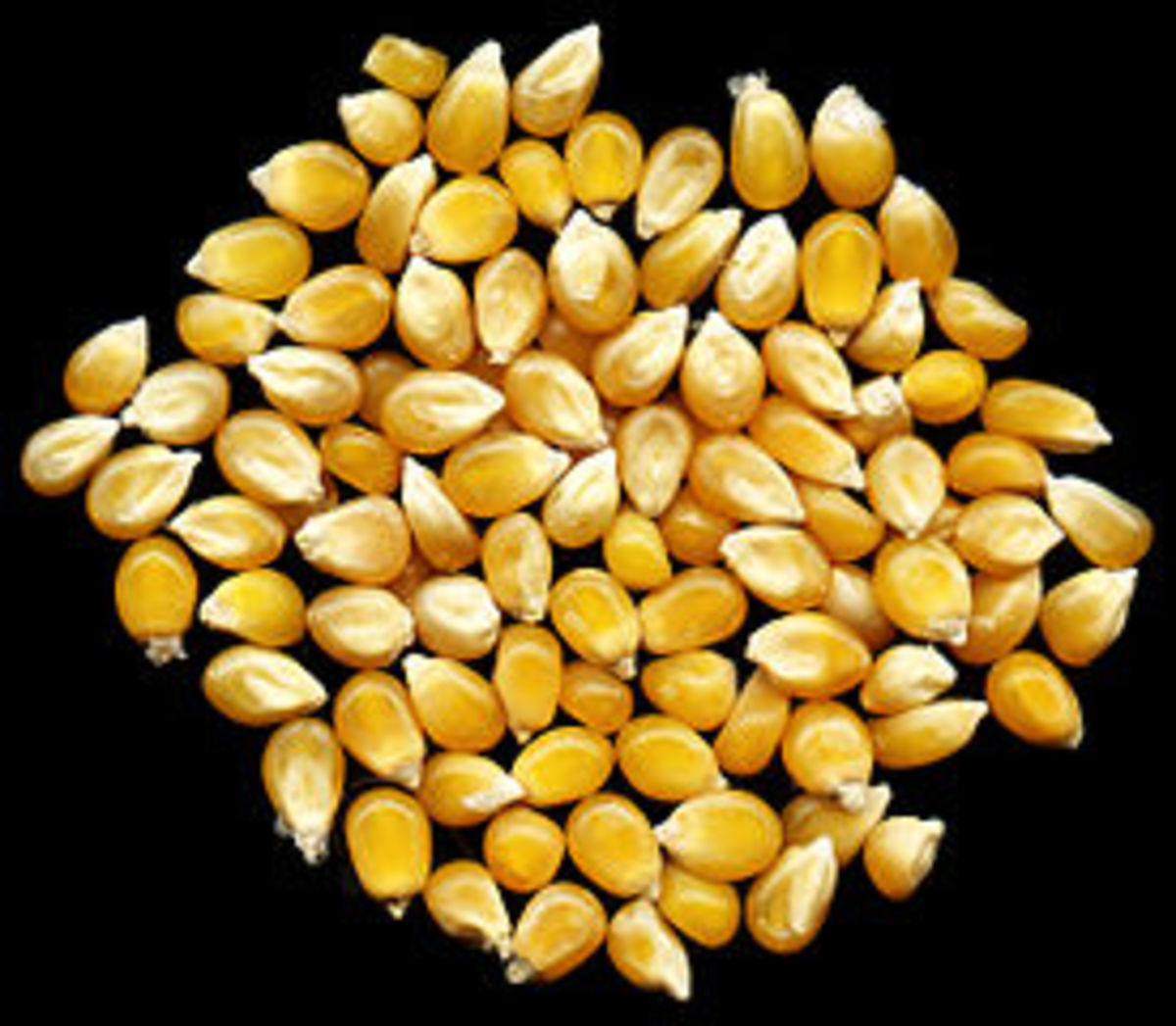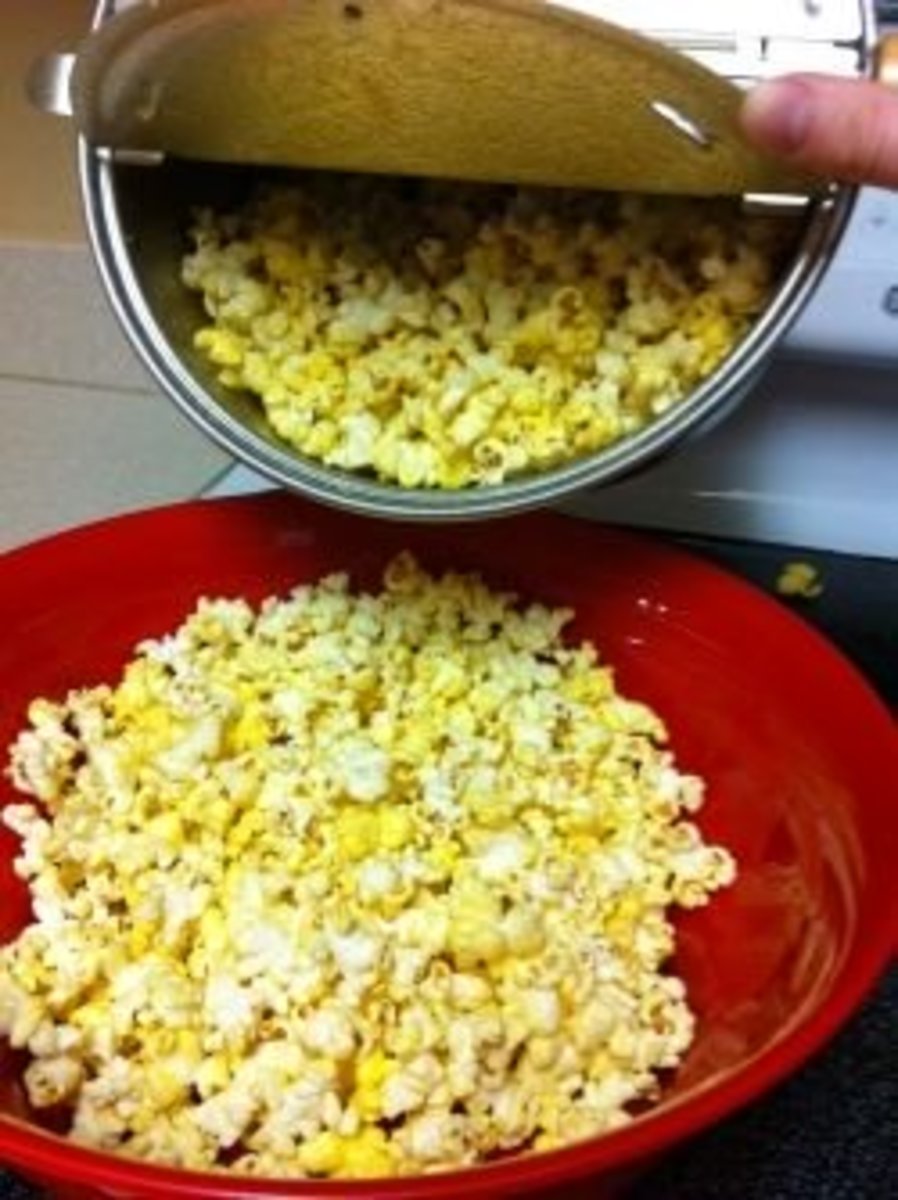Should I Make My Own Beer? Why Home Brewing Isn't Always the Way To Go
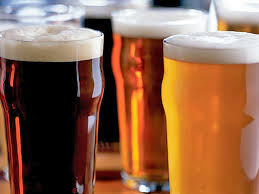
Are you a Home Brewer?
Let me start out by saying that I am a huge fan of beer. Whether Benjamin Franklin actually said it or not, I agree with the notion that God gave us beer to make us happy. There are few things that hit my taste buds with delight more than a well crafted beer with meticulously infused hops. Cascade, Mount Hood, Citra, Galaxy, Centennial - every one of them brings different flavor and hits the back of my palate like a drink of water after a long walk in the desert.
This fascination is not by accident. I like to think it is a matter of DNA. My grandfather and father were both brewery workers who spent the better part of their lives crafting the liquid delicacy. The majority of my ancestors were Germans who brought a love of the drink with them to the new world. It is even said they chose where to settle based on where they could best farm the ingredients.

I actually had an Anthropology professor in college who liked to further a theory that humans went from a nomadic hunter/gatherer culture to a sedentary farming existence because of beer. In order to produce the ingredients for brewing they needed to grow the crops necessary. Thus they stayed in one place and started to build the precursor to what we call civilization. Seemed like a dumb theory at the time, but then again I had only experienced Budweiser and Miller at that point.
The craft beer revolution in the United States has been a dream for me. Microbreweries around the country popped up and started to produce some of the best tasting beverages I had ever had the fortune of consuming. IPA's became my personal favorite. For the layman, that is India Pale Ale. A style of brewing that had been lost for almost a century and recently brought back by bookworms who rediscovered the art through old manuscripts.
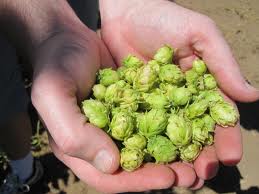
American Hops
Some of the most popular hop varieties grown in the United States Today.
- Cascade
- Centennial
- Chinook
- Mount Hood
- Simcoe
- Columbus
- Golding
- Willmette
IPA's came out of necessity when the English colonized India. The English love beer. It is also in their DNA. The only feasible way to make the journey to the subcontinent was via sea, and the trip was long. The Suez Canal was but a dream then, so ships had to sail around the horn of Africa. By the time they arrived the beer they brought with had gone bad due to the length of time and the humidity. To keep the beer from spoiling they used huge quantities of hops, which act as a preservative. Almost all beer types use some sort of hops, it is actually a law in the USA, but IPA's are super infused with them. To the person will a palate for hops, an IPA is heaven.
Anyway, to get off the tangent, we get back to the point of this article. Home brewing.
Of course, with my love of beer I had considered home brewing. Its popularity has exploded over the years and naturally anyone with a love of beer would want to make it their own. Knowing my affection for it, I was beat to the punch and given a home brewing kit for Christmas.
So here I was, with all the basic materials necessary to create my own beer without even leaving the house! Not to mention the fact that within a matter of miles were multiple stores which sold almost everything else I would need to craft the product myself. Brew Kettles, carboys, airlocks, wort chillers, and hydrometers were all there along with multiple grains, malts, yeasts, and of course.... the HOPS. An entire refrigerated section full of the magnificent smelling madness.
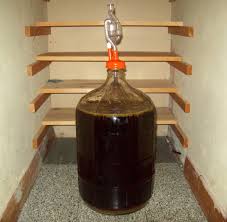
Honestly, making beer is not hard. If you follow a few rules it really is hard to screw up. Get the right tools and ingredients, and then pay special attention to cleanliness and you should be OK. That is the beauty of it. You can buy recipes that include all the ingredients and if you follow them carefully ( even not so carefully), the product will come out OK.
So it turned out that I pushed the chips ahead and went all in.
My family hated the smell as I labored over the stove. They made fun of me steeping the grains and relegated to calling the delivery method a "big ball sack". They laughed as I checked time and time again as the beer fermented and the beautiful smell wafted out of the airlock into my awaiting nose. I couldn't get enough of that aroma they equated to "rotten piss".
I bought a secondary carboy so I could dry hop the batches to get more and more infusion. I read up on all the different hops and worked to make beers that would come out even more flavorful than what I could buy in the store. I went so far as to inset aroma hops during flame out to pack yet another wallop of flavor. Bittering, Taste and Aroma hops bred purposely throughout my kitchen.
Beer makes you feel the way you ought to feel without beer.
— Henry LawsonSo the time came again and again where the yeast completed it's magic, the beer was bottled and conditioned, and it was ready for consumption. I ended up an entire fridge of my own creation, just waiting to be drank. Each five gallon batch got me about 48 bottles, or eight six packs for the math major. I had hundreds of bottles ready to go. I was set.
Yet somehow, ironically, this made me drink less beer. I wasn't enjoying it as much as I had in the past. How was that possible?
What is your favorite style of beer?
What are the two types of beer?
Believe it or not, there are really only two types of beer- Ales and Lagers. Everything else is just a style of one of the two. What is the difference? It really only comes down to one thing, the yeast.
Yeast is by far the most important ingredient in beer. Without it the magic of fermentation cannot take place. It is a living organism that feeds on the sugar to create alcohol and CO2. Much of the taste in beer can be attributed to what type is used.
Ales are produced with yeasts that sit on top of the beer during fermentation. These varieties need a warmer temperature to do their work. In contrast, lagers are produced with yeasts that feed at the bottom and work at lower temperatures.
Here was my dilemma. I love trying new beers. I have visited micro breweries across the country and have tried hundreds if not thousands of different beers. I love the "make your own six pack" option at the local liquor store. To me that is like a personal candy store where I can see all the new brews available and with a quick swipe of a credit card take them home to enjoy. In the past I had twenty, thirty different beers at a time in my fridge to satisfy every whim.
Now that I started home brewing I had relatively few different kinds of beer available to me. Some I really liked, some missed the mark. It made no sense to go buy more because I had a full house already. I was stuck drinking my own beer for months on end. A nice problem to have for some, but not me.
One of the things I enjoy most about beer is trying new styles, types and brands. I love the taste and the alcohol portion is only a hindrance to enjoying it more. There are countless micro breweries out there experimenting with new recipes every day. Brew masters spending hours as a job crafting new beers with exciting tastes and flavors. They have the means and time to experiment on what works and what doesn't. If I make a batch it takes a couple of months to formally try it. If it tastes good, great. If it doesn't, or tastes just average, I am stuck drinking it for months. Sure, I could have followed recipes but what is the point of that? I may as well just buy a beer then.
So I had a decision to make . Did I want to go to the store and buy 48 different beers to try? Or did I want to buy the ingredients, spend hours making it, wait for it to ferment, bottle it, wait again, and then see if it was good or not, and drink that recipe along for the next six months?
My answer was the former. I wanted to go back to the time when I could go "candy" shopping again. I wanted to try every beer I could find that appealed to my taste. I wanted to appreciate those who make beer as a living and a passion. It's not that I will never home brew again, I am just taking a break. But when I do start again, I have decided I will make microbatches.
© 2014 Jeff

